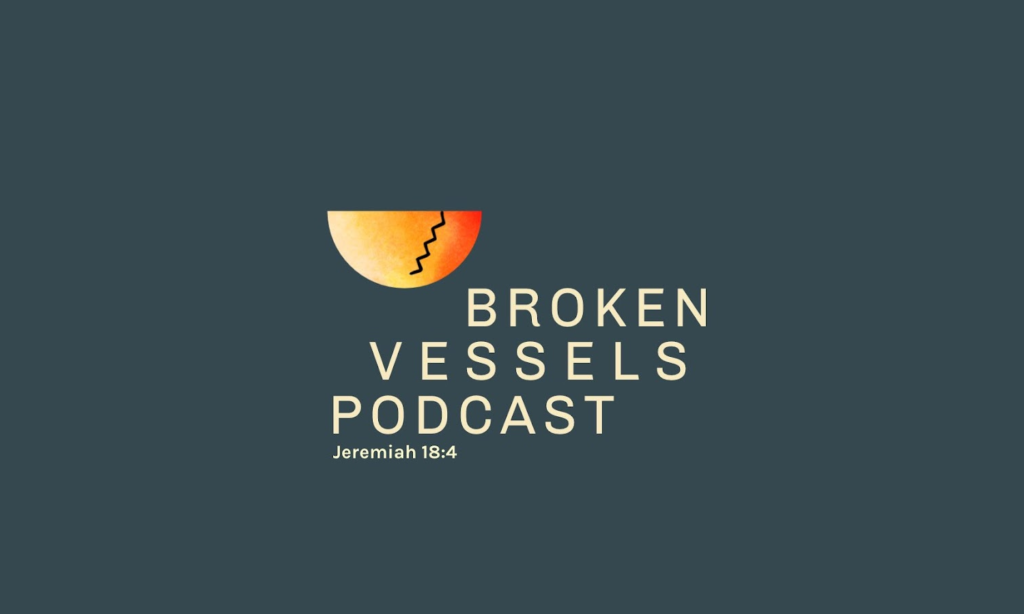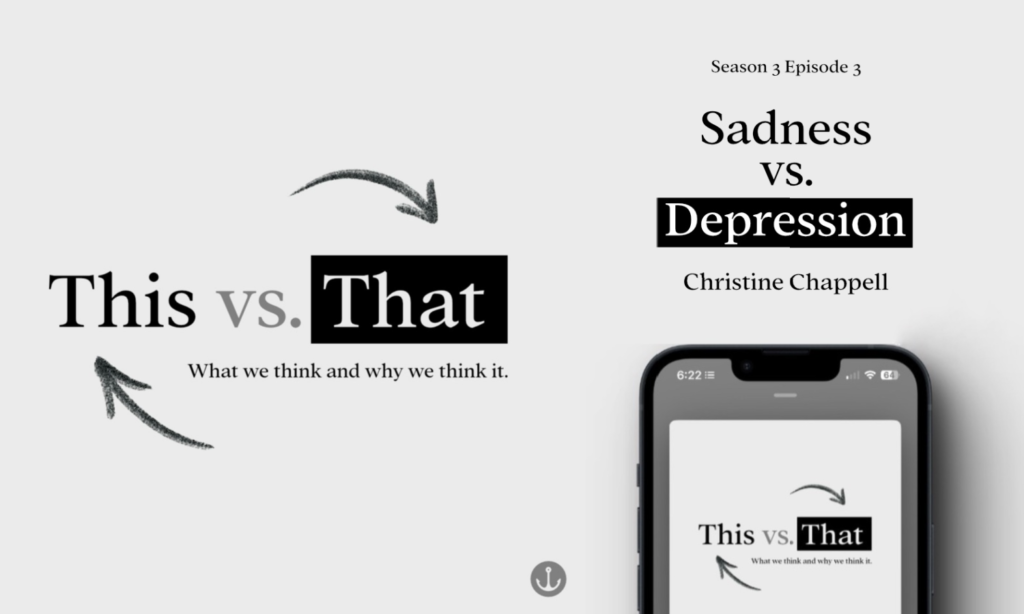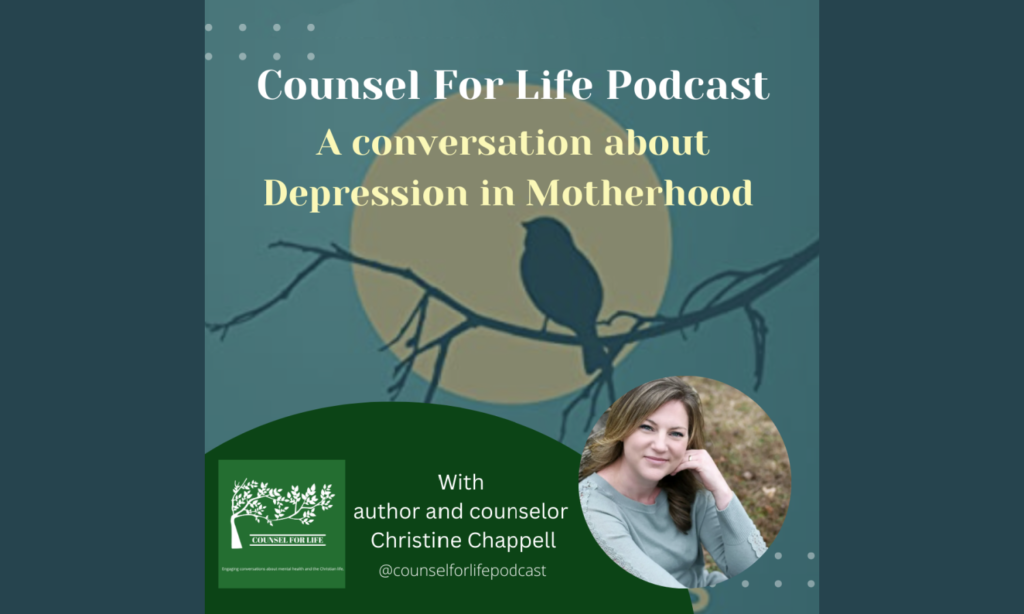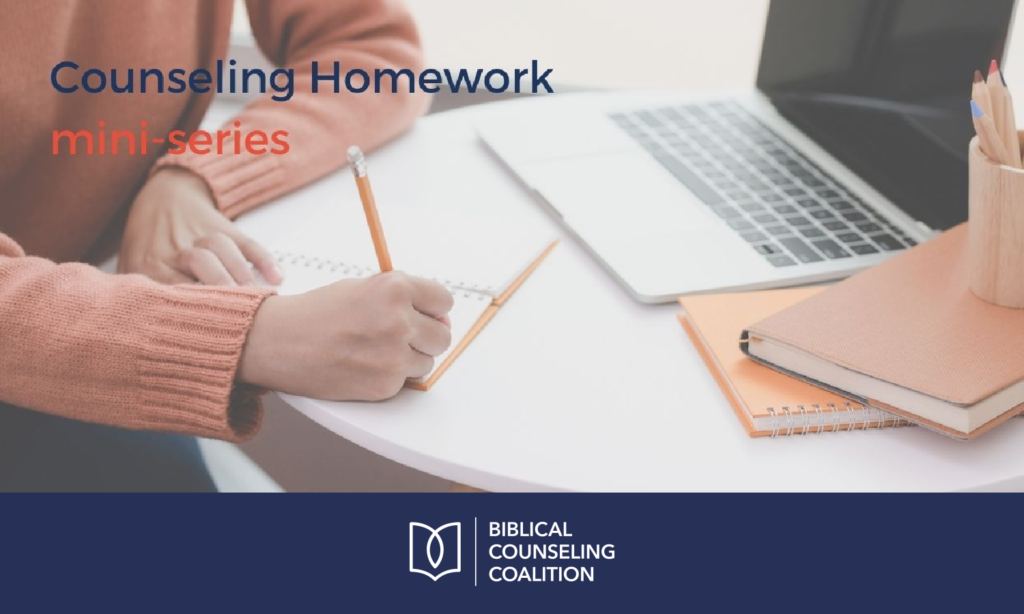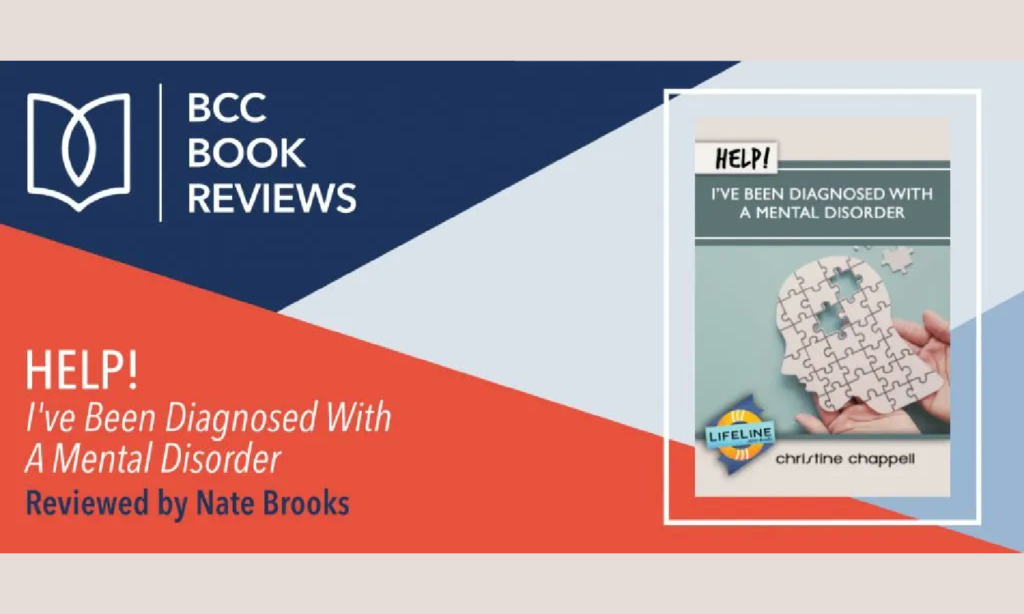In Part I of 13 Reasons Why Depression Needs Discipleship, I laid out four points regarding the importance of restoring biblical one-another care to the believer’s experience of depression. My goal in offering these points is to highlight intentional discipleship as a God-given means of encouraging the fainthearted among us, and to demonstrate why the body of Christ is specifically designed for such a task.
By way of reminder, the first four reasons why I believe depression needs discipleship are:
1.) Sufferers need truth from outside themselves.
2.) Our hearts are deceitful.
3.) Lone sheep are more easily devoured.
4.) There are important mutual fellowship benefits between the sufferer and the mentor/counselor.
As I mentioned in the previous article, while some church leaders are supporters of the biblical counseling movement and see the value of equipping the saints for the purpose of this kind of ministry, the progress is slow and the intentional use of the body of Christ in counseling contexts is often completely overlooked for other ministry agendas.
However, neglecting the fainthearted has produced a progressive siloing of soul care to sources outside of the local church. As a result, the normal human condition of deep and painful sorrow has been hyper-medicalized, leaving many Christians confused about how to respond to their crushed spirits in a way that offers meaningful hope (Proverbs 18:14). The devolution of soul care at the local church level has left sufferers desperate for help, often chained to unprofitable medications, and on long waiting lists for subjective psychiatric care.
By way of reminder, the first four reasons why I believe depression needs discipleship are:
1.) Sufferers need truth from outside themselves.
2.) Our hearts are deceitful.
3.) Lone sheep are more easily devoured.
4.) There are important mutual fellowship benefits between the sufferer and the mentor/counselor.
As I mentioned in the previous article, while some church leaders are supporters of the biblical counseling movement and see the value of equipping the saints for the purpose of this kind of ministry, the progress is slow and the intentional use of the body of Christ in counseling contexts is often completely overlooked for other ministry agendas.
However, neglecting the fainthearted has produced a progressive siloing of soul care to sources outside of the local church. As a result, the normal human condition of deep and painful sorrow has been hyper-medicalized, leaving many Christians confused about how to respond to their crushed spirits in a way that offers meaningful hope (Proverbs 18:14). The devolution of soul care at the local church level has left sufferers desperate for help, often chained to unprofitable medications, and on long waiting lists for subjective psychiatric care.









